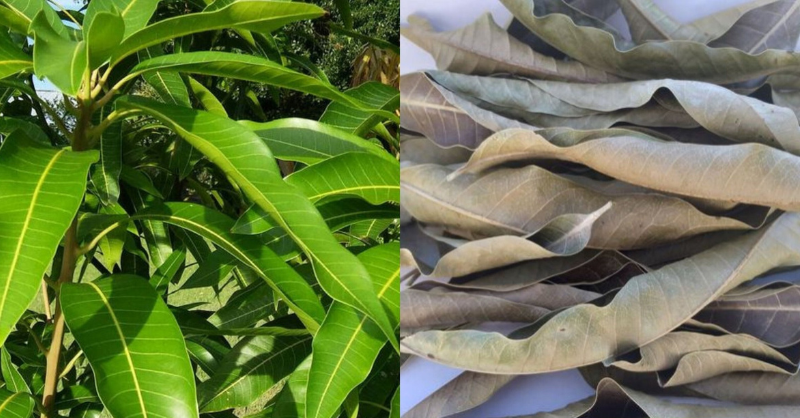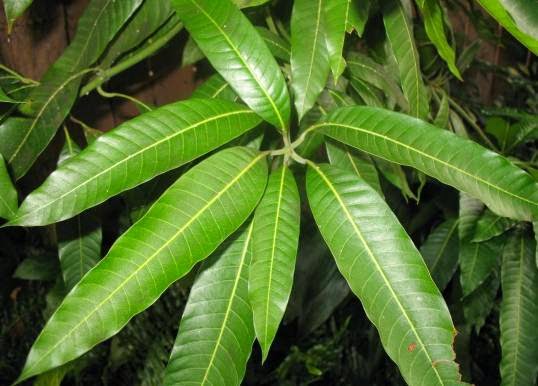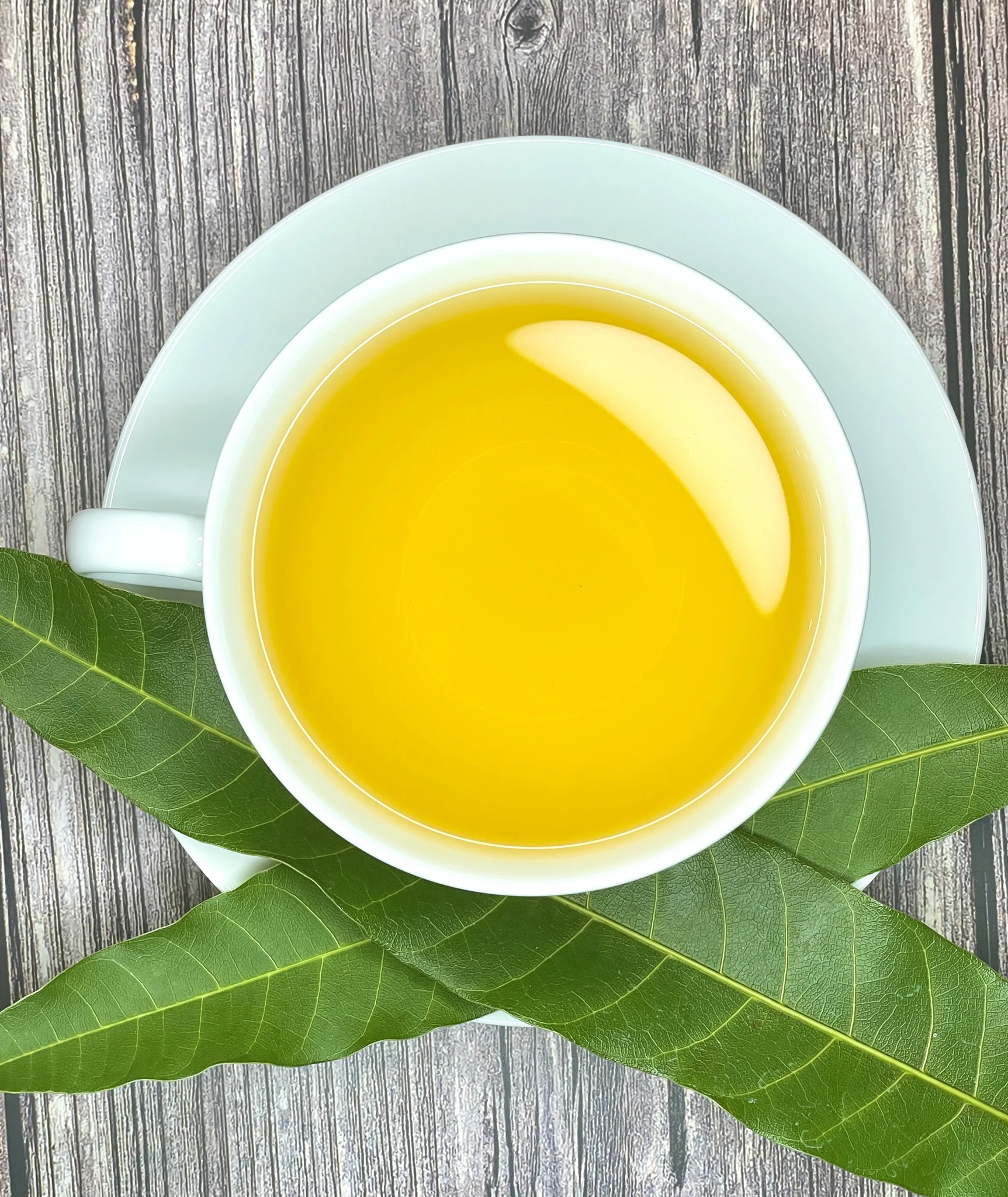Mango leaves, often overshadowed by the popularity of the fruit itself, possess a wealth of health benefits that can be a valuable addition to herbal medicine cabinets.
Rich in vitamins, enzymes, antioxidants, and many other bioactive compounds, these leaves offer benefits ranging from blood sugar management to digestive health. Here’s a deeper look into the benefits and various uses of mango leaves.

Benefits of Mango Leaves
1. Diabetes Management: Mango leaves are particularly known for their ability to help manage diabetes. They contain tannins called anthocyanidins, which can help treat early diabetes. The leaves are also thought to affect insulin levels and improve blood sugar profiles.
2. Rich in Antioxidants: Like the fruit, mango leaves are loaded with powerful antioxidants, including vitamin C, flavonoids, and phenols. These compounds are excellent for combating oxidative stress and protecting the body against free radicals.

3. Supports Digestive Health: Mango leaves can be used to treat a variety of stomach ailments, including indigestion and dysentery. They are also useful in treating stomach ulcers due to their anti-inflammatory properties.
4. Healing Properties: The leaves have antibacterial and antimicrobial properties, making them effective in healing wounds. They can be used to treat burns and scalds by applying a paste of burnt mango leaves to the affected area.
5. Anxiety Relief: Mango leaves are known to have mild sedative properties, which can help to relieve anxiety and restlessness. Preparing a tea from the leaves can help improve overall mood and reduce symptoms of anxiety.

Uses of Mango Leaves
Mango Leaf Tea:
- Ingredients:
- A handful of fresh or dried mango leaves
- Water
- Instructions:
- Prepare the Leaves: Wash the leaves thoroughly. If using fresh leaves, chop them into smaller pieces to increase the surface area for extraction.
- Boiling: Boil the leaves in water for about 10-15 minutes.
- Steep and Strain: Allow the tea to steep for a few more minutes before straining.
- Enjoy: Drink the tea warm. You may add honey for sweetness if desired.

Other Uses:
- Topical Application: A paste made from crushed mango leaves can be applied to the skin to help heal cuts, bruises, and insect bites.
- Vapor Inhalation: Boiling mango leaves in water and inhaling the steam is thought to be beneficial for relieving symptoms of respiratory problems such as colds, bronchitis, and asthma.
- Decoration and Rituals: In some cultures, mango leaves are used in decorations and rituals, particularly in weddings and religious ceremonies, to signify prosperity and love.
Conclusion
Mango leaves are a versatile and potent part of the mango tree, offering numerous health benefits from diabetes management to wound healing. Whether used in teas, as a topical application, or even for their aromatic properties, incorporating mango leaves into your wellness routines can provide significant health benefits. Their wide range of applications makes them a valuable addition to both traditional and modern medicine practices.

